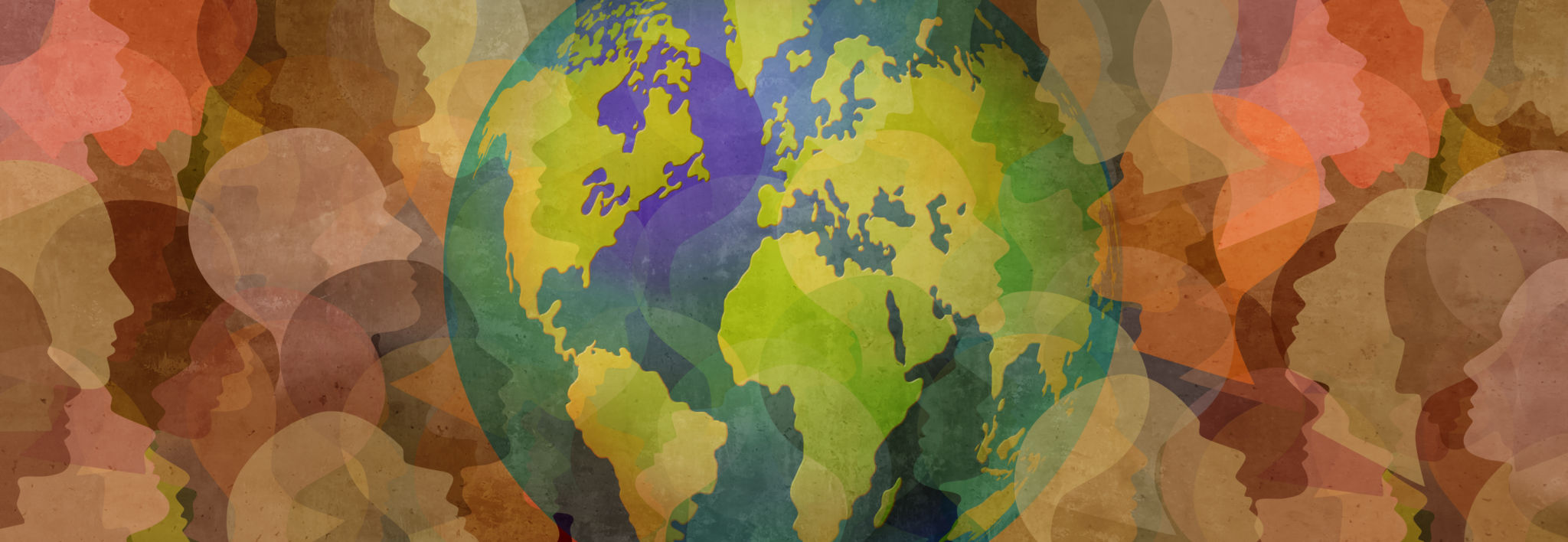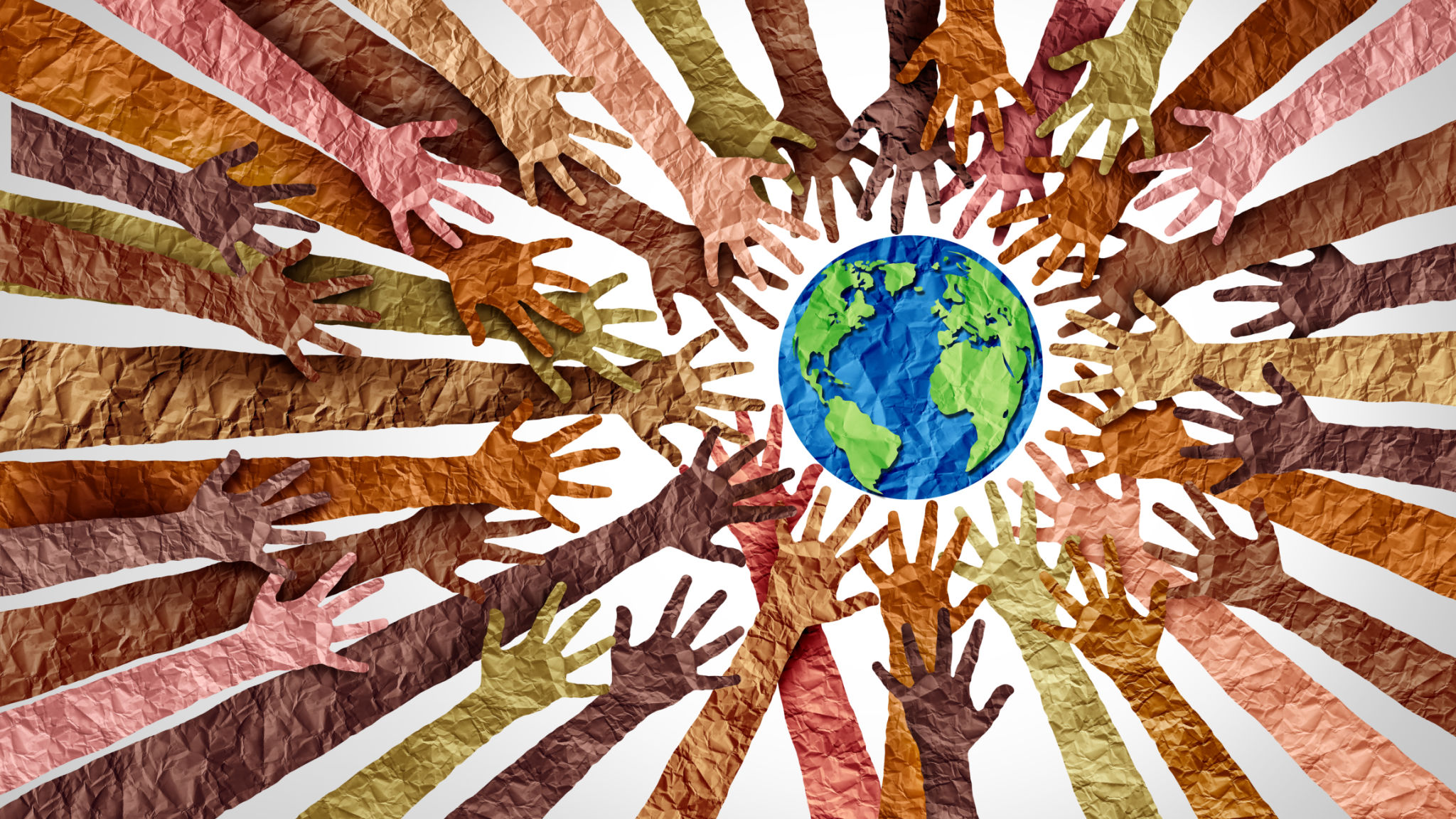Understanding Emerging Issues in Social Justice Movements
Introduction to Social Justice Movements
Social justice movements have been integral in driving societal change and addressing inequalities across the globe. These movements often arise in response to systemic issues, advocating for fairness, equity, and human rights. Understanding the emerging issues within these movements is crucial for anyone interested in contributing to positive social change.

Intersectionality in Social Justice
One of the emerging issues in social justice is the concept of intersectionality. This framework helps to understand how overlapping identities—such as race, gender, and socioeconomic status—intersect to create unique experiences of discrimination or privilege. By adopting an intersectional approach, movements can address the complex layers of injustice more effectively.
Intersectionality ensures that social justice efforts do not overlook marginalized groups within broader categories. For instance, women of color may face different challenges compared to white women, which necessitates tailored solutions to address their specific needs.
The Role of Technology
Technology plays a dual role in modern social justice movements. On one hand, digital platforms provide tools for organizing, raising awareness, and mobilizing support. Social media campaigns can quickly disseminate information and galvanize action. On the other hand, technology can also perpetuate injustices, such as through surveillance or the spread of misinformation.

It is essential for activists to leverage technology responsibly, ensuring that their initiatives are inclusive and secure from potential threats. Understanding the algorithms and biases present in digital tools is a growing area of concern within these movements.
Environmental Justice
Environmental justice has become a significant focus within social justice movements, emphasizing the unequal environmental burdens placed on marginalized communities. Issues such as pollution, climate change, and resource depletion disproportionately affect low-income and minority groups.
Efforts to combat these issues often involve advocating for sustainable policies and practices that prioritize the needs of those most affected. Collaborations between environmental and social justice movements are increasingly common, recognizing that ecological well-being is intrinsically linked to social equity.

Economic Inequality
The widening gap between the rich and the poor is another pressing issue that social justice movements are tackling. Economic inequality exacerbates other forms of injustice, limiting access to education, healthcare, and opportunities for marginalized groups.
- Advocacy for fair wages
- Improved labor rights
- Accessible education
These are some of the key areas where movements are focusing their efforts to create a more equitable society.
The Importance of Global Collaboration
While many social justice issues manifest differently across regions, there is a growing recognition of the need for global collaboration. By sharing strategies and resources, movements can learn from one another and strengthen their impact worldwide.

Global coalitions can address transnational issues such as migration, human trafficking, and climate change more effectively. Solidarity across borders is becoming an essential component of successful social justice initiatives.
Conclusion: The Path Forward
Understanding emerging issues in social justice movements is vital for fostering effective change. As these movements evolve to address intersectionality, leverage technology, tackle environmental and economic inequalities, and embrace global collaboration, they pave the way for a more just and equitable future.
By staying informed and engaged, individuals can contribute to these movements' ongoing efforts to create lasting societal transformations.
